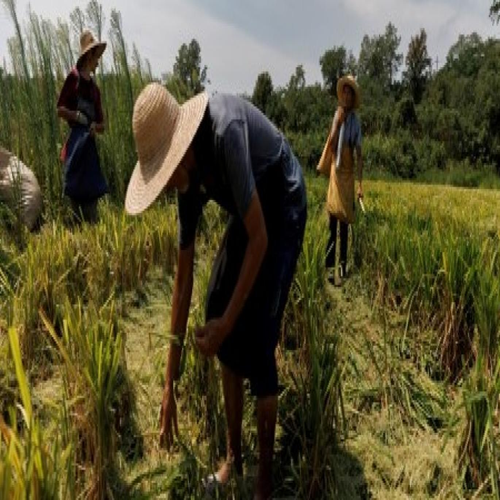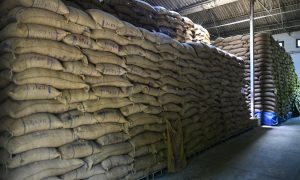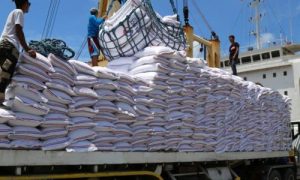India-Pakistan battle for basmati rice turns acrimonious

NEW DELHI — India and Pakistan rarely struggle to find things to fight about, and the true ownership of basmati rice is no exception.
But what’s been a long simmering battle between the nuclear-armed neighbors is now boiling over as India’s top agricultural science body accuses Pakistan of “illegally” growing copyrighted strains of the staple in South Asian cooking — and a major export for both countries.
The accusation was India’s latest salvo in an increasingly acrimonious fight over its claims to the fragrant rice variety.
India’s accusations of seed piracy and copyright infringement were sparked by online videos purportedly showing Pakistani farmers cultivating a prized strain, with the Indian Agricultural Research Institute (IARI) saying it made the claims “to protect the interests of our farmers and exporters”.
“Our scientists work hard to develop and improve basmati rice varieties to augment yield, quality, and resistance to pests and diseases which fetch us high prices in the international market,” an IARI spokesperson said.
The Institute claims Pakistan’s muscling into the market — at lower prices — could hurt India’s reputation as a supplier of premium basmati in international markets.
India already has a case at the European Commission to exclusive rights to the name basmati. But the latest flare-up comes at a sensitive time for Pakistan’s neighbor as its own exports drop and it loses even more ground to its rice rival.
India and Pakistan have been competing fiercely for global demand for the long-grained strain — known as the ‘Scented Pearl’ for its unique aroma — which fetches top dollar.
Countries including Iran, Iraq, Yemen, Saudi Arabia, the United Arab Emirates and the United States are the main buyers, where basmati finds its way into everything from pilafs to desserts and other sweets.















